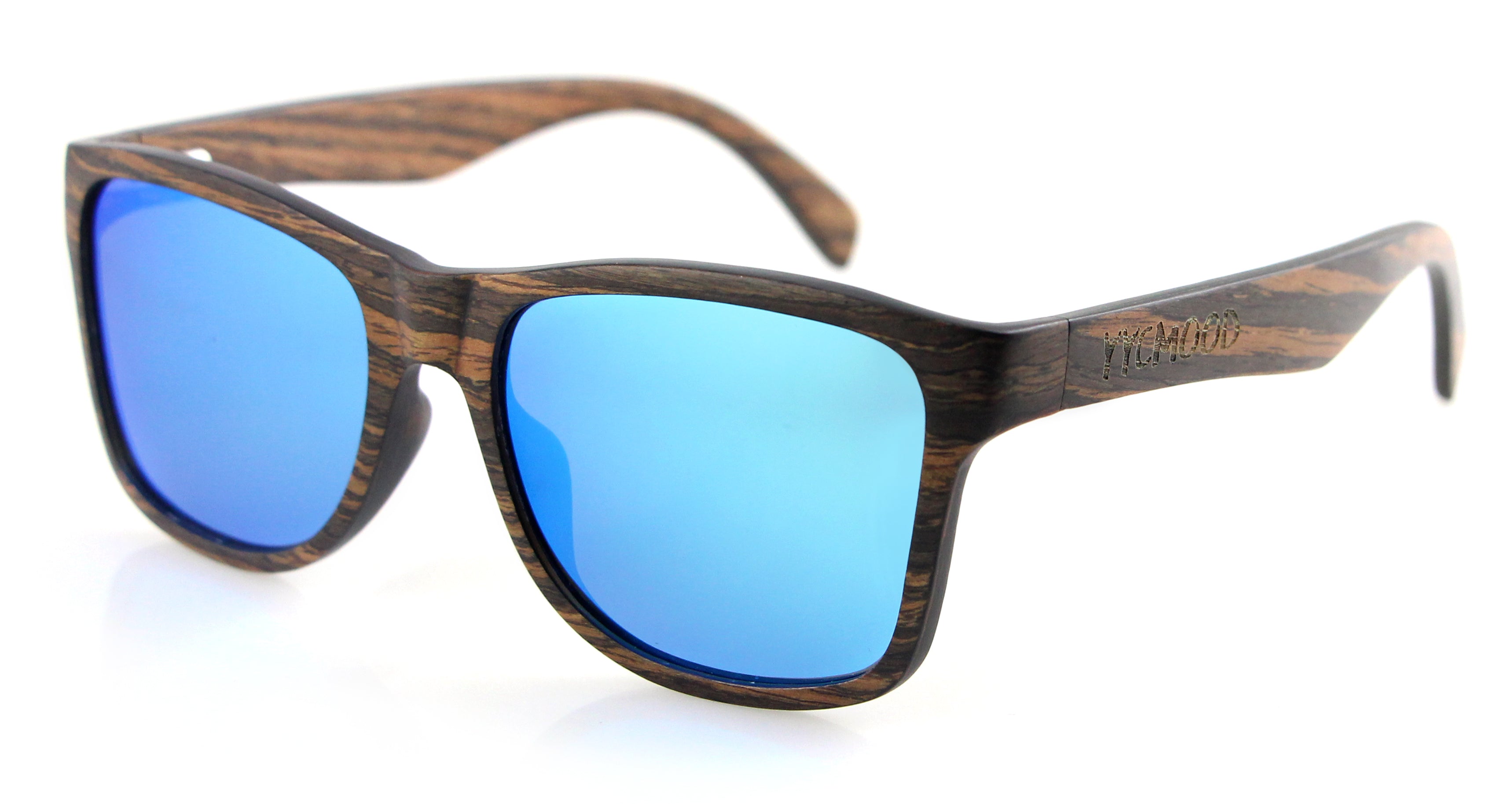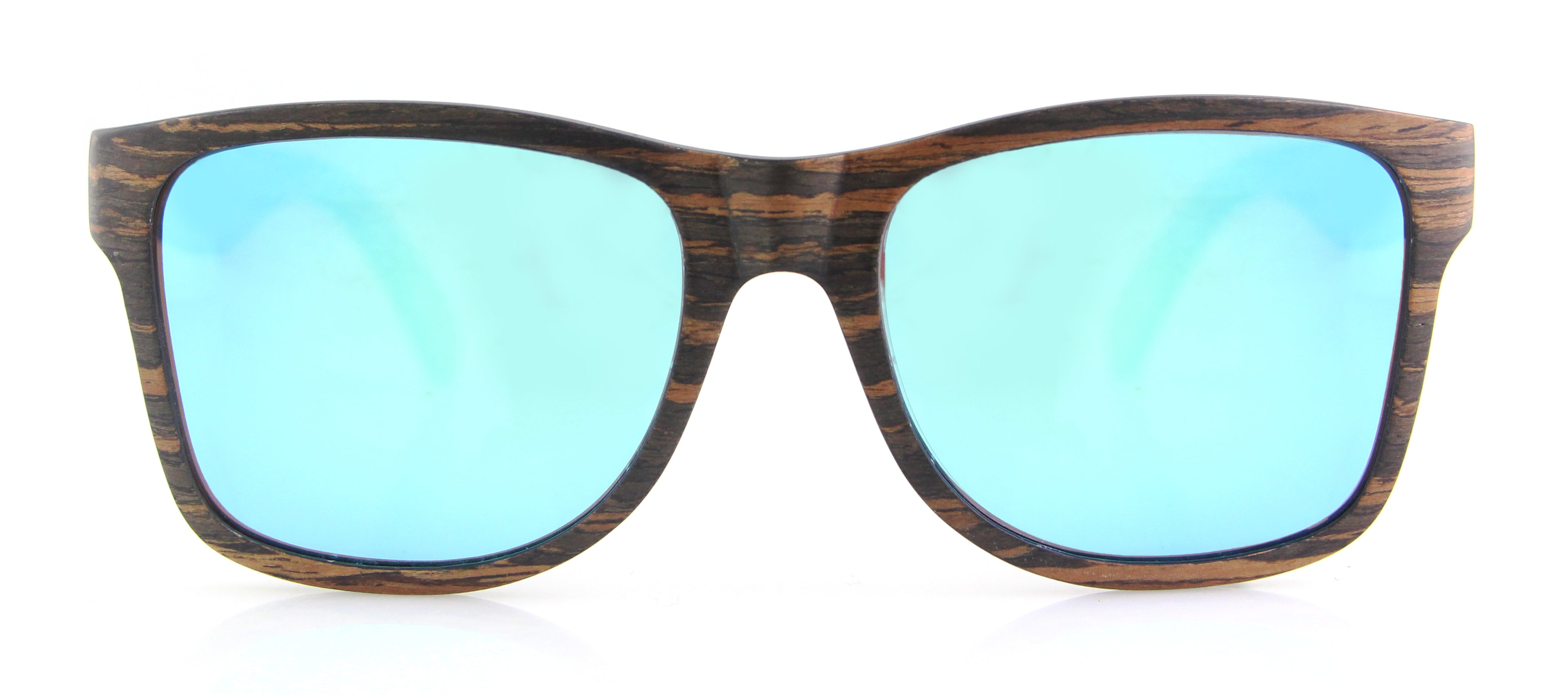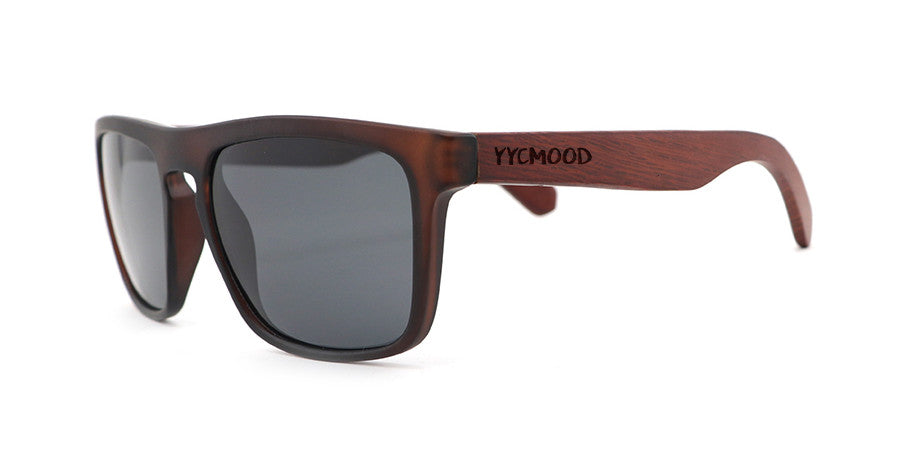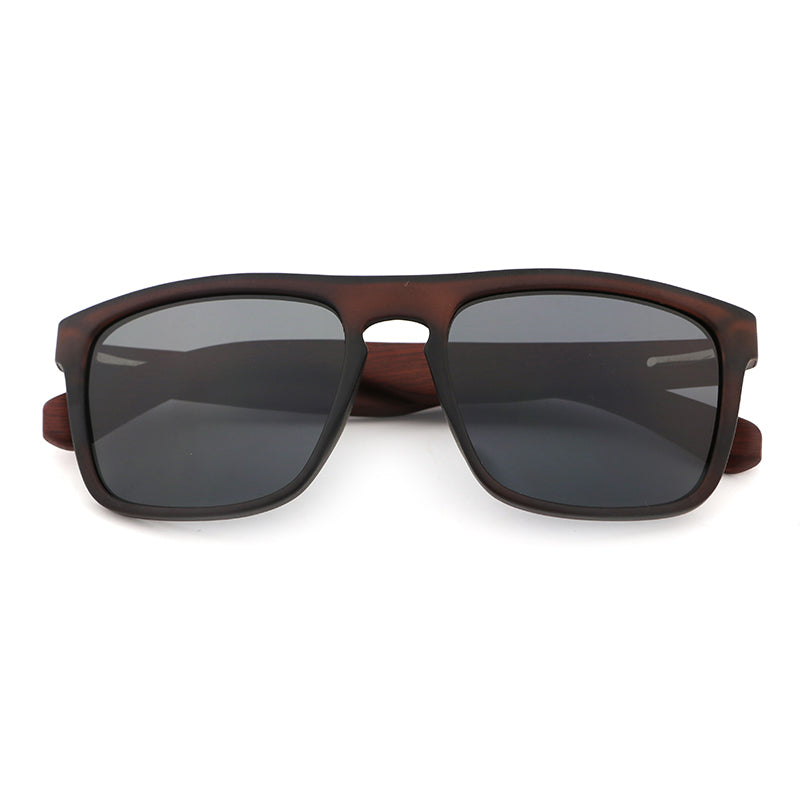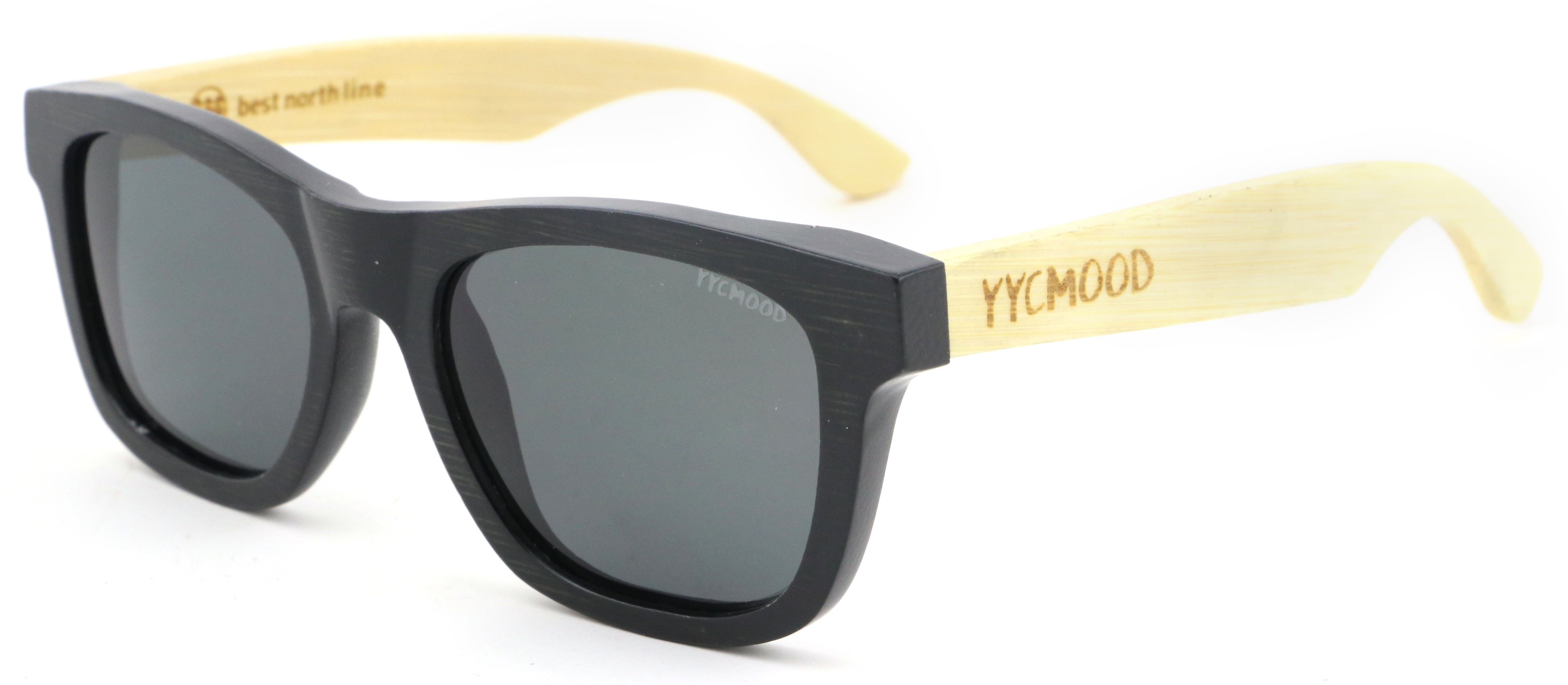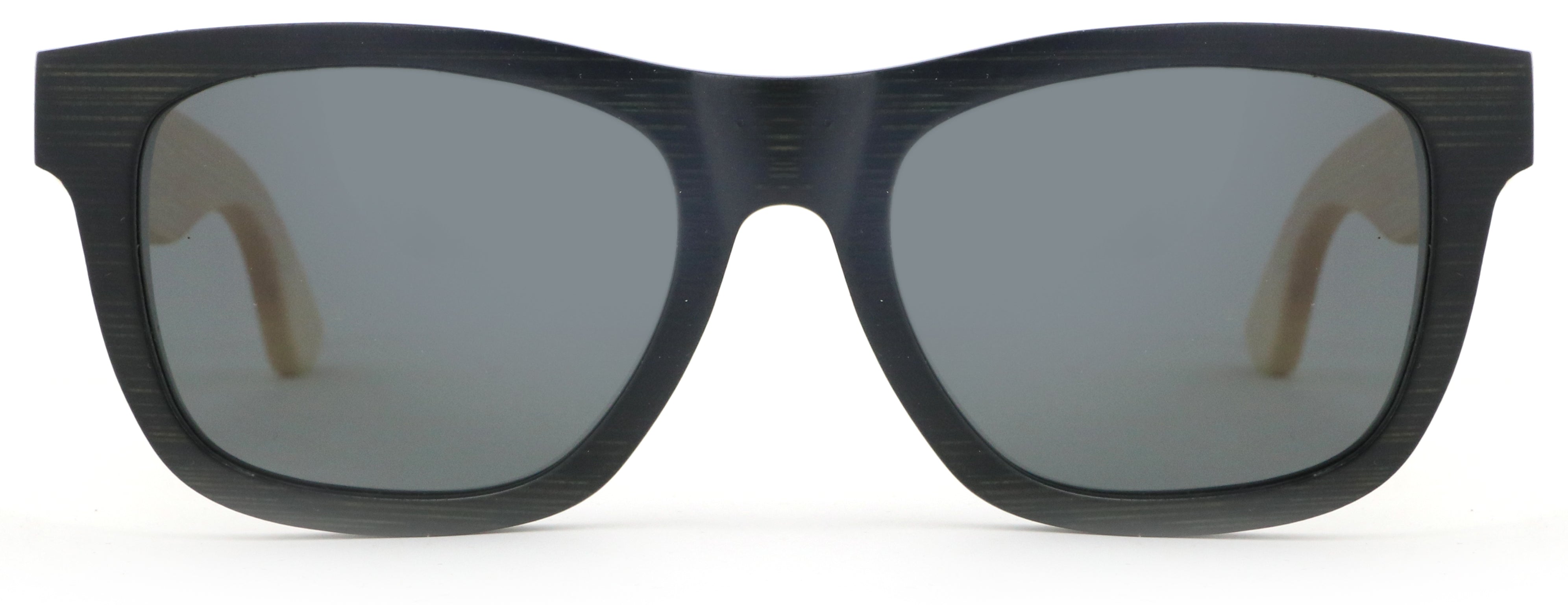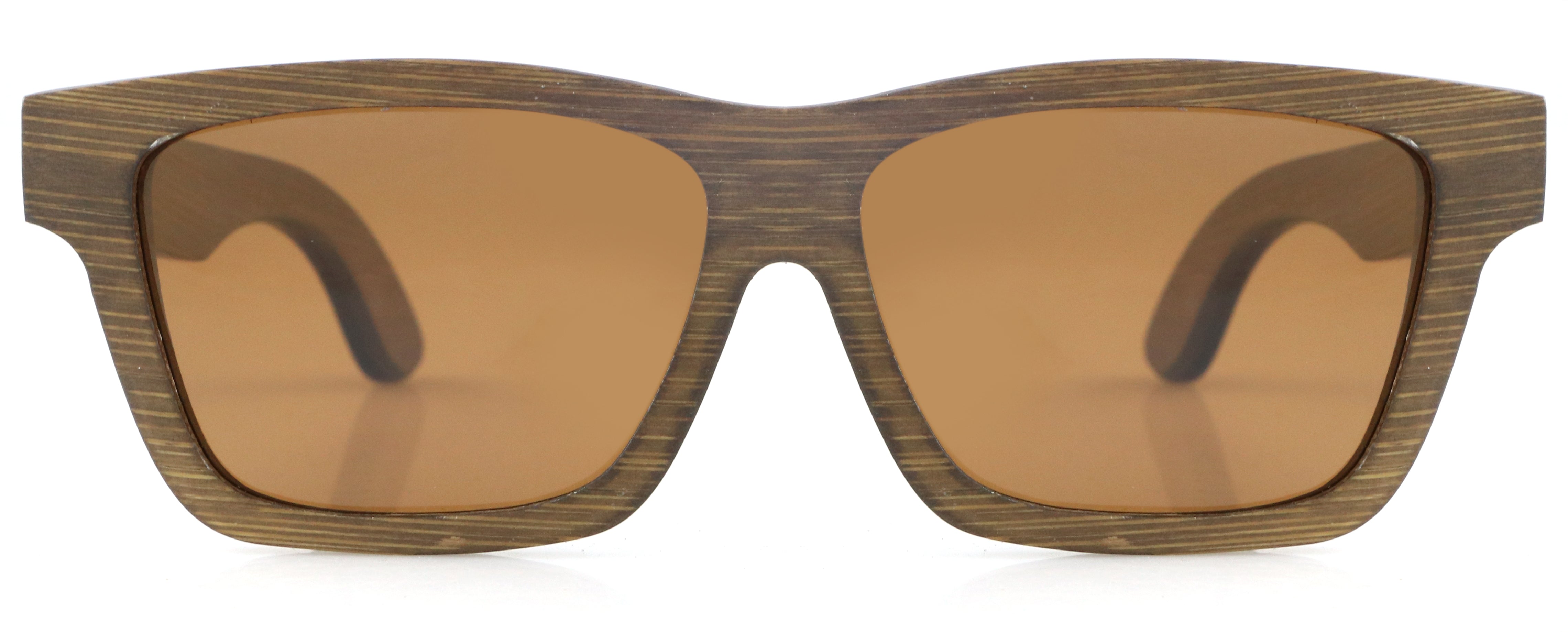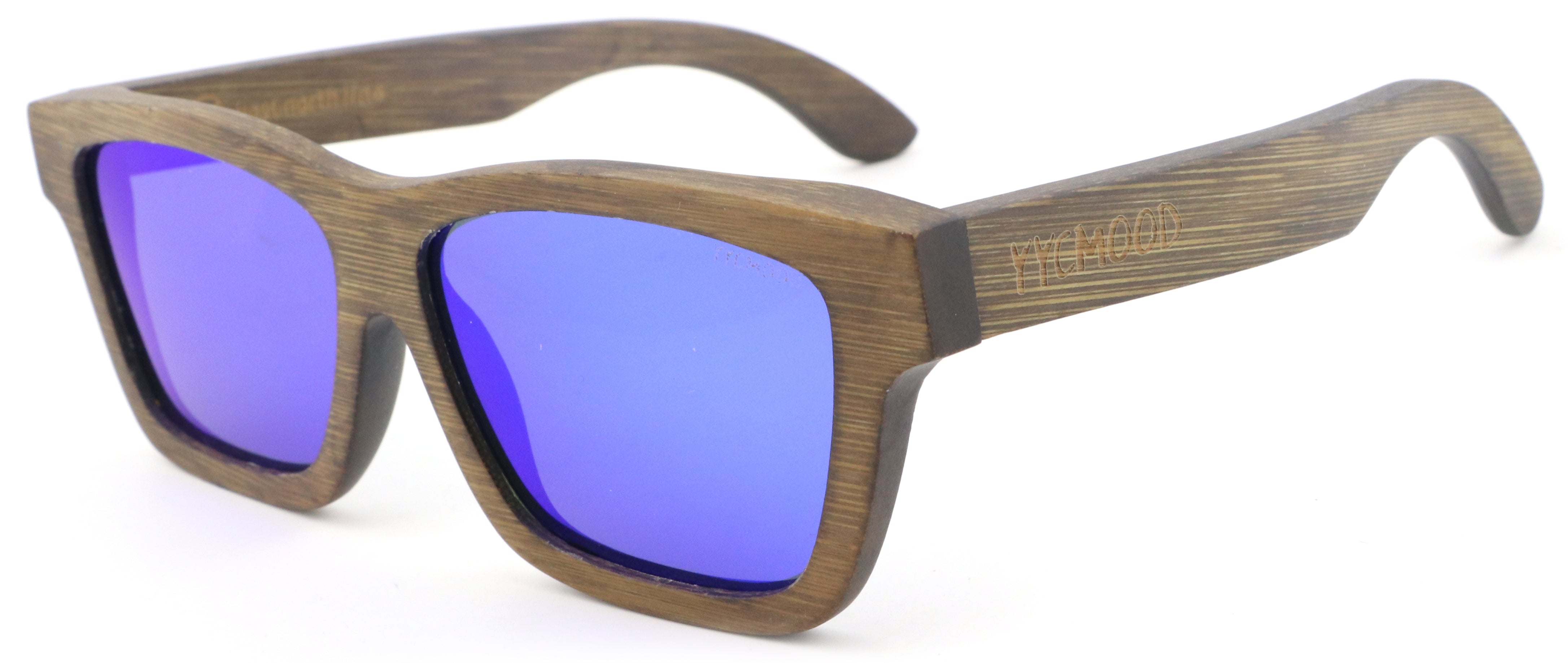
Discover our new sunglasses line:
Best North
Best North
Bamboo and wood frame sunglasses are more eco-friendly than plastic sunglasses, but a sustainably made pair of glasses with damaged or defective lenses will be discarded all the same. You can reduce your ecological footprint (or keep an outdoorsy pair of sunnies from looking too rugged!) by choosing sunglasses that boast lenses treated with protective optical coatings.
Full-spectrum UVA/UVB protection and polarized finishes are standard for all quality eyewear. Anti-reflective, anti-salt water, and scratch-resistant coatings for lenses raise this standard, especially if you love spending time outside!
You won’t need to choose just one option — all three of these lens coatings feature on YYCMOOD’s new Best North sunglasses line.
What do these coatings mean for you?
Scratch-Resistant Coating
The wonders of the natural world, including fine-grained woods, are sources of inspiration for designers like YYCMOOD, but they can also threaten those very designs.
Tree branches, for instance, can scratch the lenses on a pair of sunglasses. Scratches and abrasions are more than just unsightly — they reduce lenses’ durability and usefulness. Like anti-reflective coatings, these resin coatings are thin, to match acetate lenses and lightweight frames. If you’re eagle-eyed, you’ll have noticed that this technology is technically scratch-resistant, not scratch-proof!
Clean all lenses with a microfibre cloth. When you’re not wearing your sunglasses, store them in a durable (but eco-friendly) case.

Anti-Reflective (AR) Coating
Sunglasses with polarized lenses filter strong light reflections and so reduce the surface glare you face outdoors, whether you’re admiring a lake vista or a snow-capped mountain scene. New anti-reflective coatings complement polarized lenses. On a pair of sunglasses, these thin resin coatings cover the back of the lenses — the non-polarized side facing your eye — and not the front, as with prescription glasses lenses.
Anti-reflective coatings stop the reflections of things that are behind you, or that are close to the lens surface, including your own eyes. These reflections are common when you’re straining to see through uncoated lenses, even when the frames are a perfect fit!

Anti-Salt Water Coating
Whether you’re surfing, boating, or beach bumming, there’s no feeling quite like the spray of ocean water hitting your face on a summer day. That same salty water can be brutal, however, on eyewear that isn’t primed for the outdoors.
Organic frame materials like reclaimed wood and bamboo are waterproof and easy for you to maintain, but ocean water will leave sunglass lenses looking spotty. Polarized lenses are susceptible to damage from the salt in ocean water. An anti-salt water coating helps protect the lens from the corrosive effect of salt by repeling droplets that can leave irregularly-shaped marks on the lens surface.
Of course, to keep your pair looking its best, you should use a microfibre cloth to clean and dry your sunglasses when you’re off the water.







